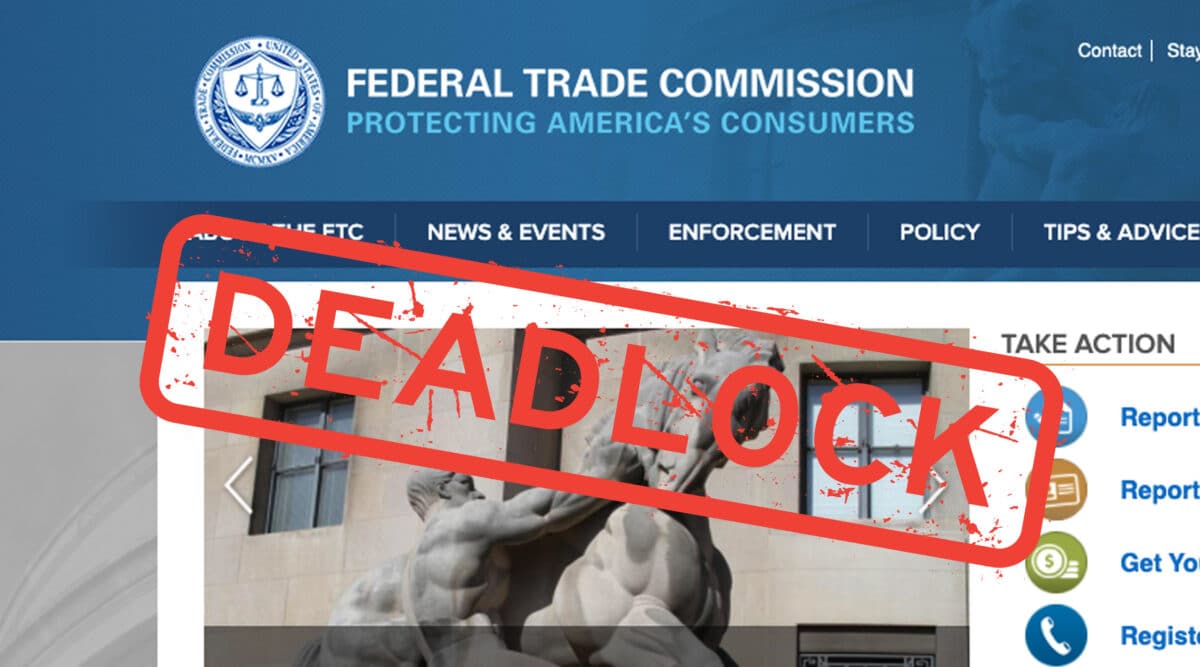Only the second and third tier specialty pharmacies are crying in their beers last week. It comes on the heels of the FTC Commission’s deadlocked vote to study PBM practices that have had hugely negative financial impacts on those pharmacies. The deadlock effectively stalls any action on the issue. By contrast, the nation’s largest specialty pharmacies, mostly owned and operated by PBMs, sat silent….. to no one’s surprise.
Much has been written about the unfairness of the practice of assessing DIR fees….. so we won’t recap the nitty-gritty details. Curiously, the same big box SPs have been able to exempt themselves from paying these same fees. While relief from paying the DIR fees would be a boon to the SPs now paying fees, the issue is simply too mysterious for the general public to comprehend and ferment activism. In short, the PBM lobby was successful in burying the issue…. at least for the moment.
We expect the fight to go on.
It is lucky we don’t have a pandemic and an invasion to distract attention from this issue…. oh wait!
FTC Votes Against Investigating PBMs’ Effects on Specialty Pharmacies
02/22/2022 — On Feb. 17, The Federal Trade Commission deadlocked on a vote to study pharmacy benefit managers (PBMs) and how their practices affect independent and specialty practices, effectively killing a probe that pharmacy and patient advocates have said is long overdue.
The 2-2 vote came after nearly two hours of testimony from numerous independent pharmacy representatives, who said PBM tactics—such as low reimbursement rates and affiliations with large retailers—have pushed many small practices out of business. No one testified on behalf of PBMs.
“After hearing hours of testimony by community pharmacists and patients, all of whom painted the same shocking picture about PBM abuse, and not a single witness there to defend the PBM industry, it is inexplicable that two members of the commission could vote against the study,” the National Community Pharmacists Association said in a statement. “We’re grateful to Chairwoman [Lina] Khan for bringing this issue to a vote. We will demand she do so again at the soonest possible opportunity. However, this is extremely disappointing.”
Pharmacy and patient advocacy groups have long called for the federal government to investigate PBMs, saying they have contributed to prescription price increases and fewer marketplace options.
For example, because PBMs set formularies, patient options for medications are limited, pharmacists say. They have also criticized spread pricing, and the growing trend among PBMs to move claims processing from the medication side to the pharmacy side, requiring more white and brown bagging.
In a blog post last week, JC Scott, the president and CEO of the Pharmaceutical Care Management Association, which represents U.S. PBMs, said PBMs “are widely recognized for negotiating directly with pharmaceutical companies to lower drug costs.”
“Through expertise, data, and technology, PBMs pave the way for a seamless pharmacy experience helping patients to get and stay on their medications and through the process, lead healthier lives,” he said.


